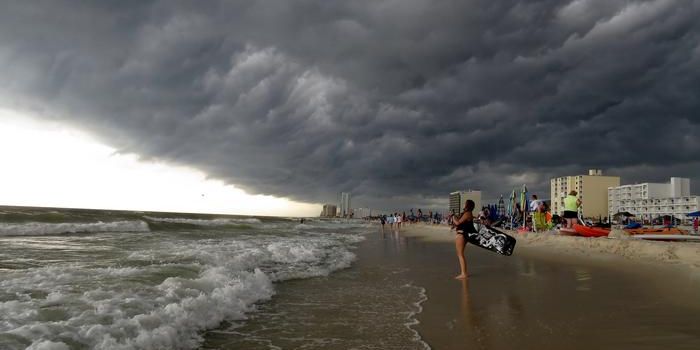Climate change communication lacking in Colombia
Dispersing scientific information to the average non-scientist in an effective manner has posed many problems in all branches of science. Using Colombia as a case, a new study has exposed just how difficult it is to convey climate change science to the public.
Researchers from the University of Exeter report that the government and media responsible for communicating scientific updates regarding climate change often do so with language that is too technical and lacks a “call to action”. Of course, academics and organizations are also accountable for providing the public with scientific information; unfortunately, the study found that such topics were often not discussed outside of academia circles. In addition, the team discovered that universities and non-profit organizations are not attracting enough media attention for their research, which means that important scientific results often go unnoticed by the average person.
Co-author Dr. Dunia H. Urrego, of the University of Exeter, says the goal of the study is to shine a light on this communication failure in hopes that those distributing the science would change their methods in order to more engage the public. "It is clear from our research that development plans and public policy decisions at national, regional and local level increasingly require clear and accurate information," states Urrego.
The team suggests that, due to the new peace agreement, this moment is a critical opportunity to develop better science communication with the public. "The recent peace agreement in Colombia has increased international and UK interest in research in Colombia, a possibility that has hitherto been limited by the armed conflict. For this reason, academic production relevant to climate change and conservation in Colombia is likely to increase in the coming years,” said Dr Urrego.
It is crucial to gage Colombians’ understanding of climate change because the country itself is extremely vulnerable to climate events. Many people live in the high Andes where water shortage and land instability (i.e. flooding and mudslides) threatens millions. Surrounded by two coasts, millions more are threatened by sea level rise and changes in coral reefs structures, which can disturb tourism and economic gains. Additionally, being in the tropics, Colombians are also at risk for mosquito-borne diseases that are increasing as world temperatures rise.
For these various reasons, the study’s authors recommend several actions that science-distributors should take. First, that those generating climate change science should estimate the levels of understanding that Colombians have about the issue. Second, that the government and academics should attempt to measure the reactions that people have based on the information they receive (i.e. does it provoke any changes in the public’s actions?). And third, that those organizations who have had successful communications strategies should share these strategies with other groups responsible for disseminating the information, with the intent to replicate the strategies.
"It is hoped that this effort will open spaces for dialogue that stimulate the reflection and importance of the topic of climate change," said first author Luisa Fernanda Lema Vélez. She speaks of course not only referring to Colombia, but also to other nations around the world who may also improve their communication with the public regarding climate change.
Sources: Science Daily, Climate Science, Mainstreaming Climate in Colombia









